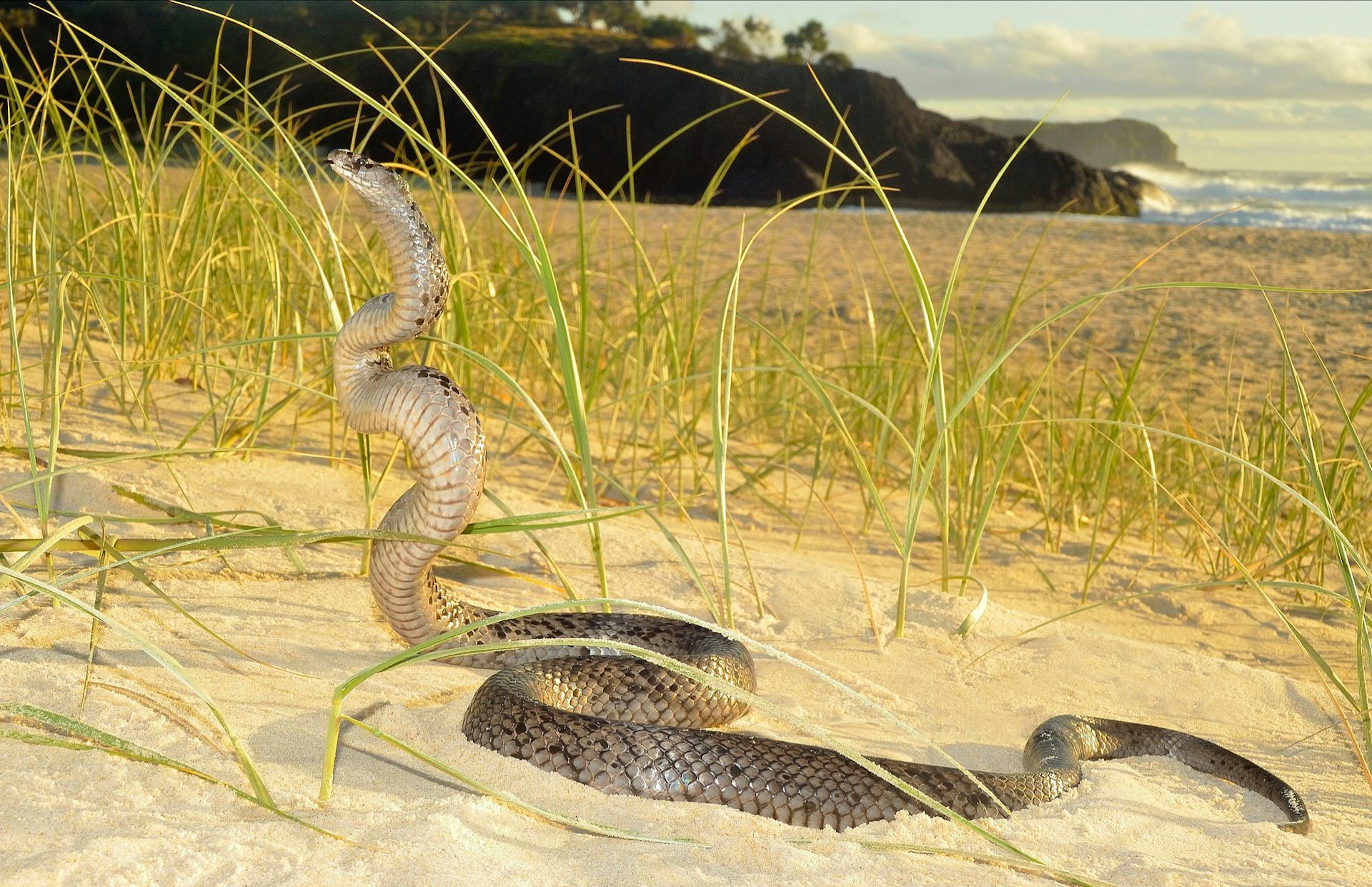Introduction
When it concerns poisonous snakes, Australia is home to several of the most remarkable and dangerous species on the planet. Among these, the Tiger Snake stands out not just for its powerful venom yet also for its intriguing behavior. Understanding the behavior of poisonous serpents like the Tiger Serpent is important for both wild animals lovers and those staying in locations where these serpents exist. This article explores various aspects of Tiger Serpent behavior, habitat, identification, safety measures, and emergency treatment techniques in instance of a snake bite.
Understanding the Actions of Venomous Snakes Like the Tiger Snake
The Tiger Snake, scientifically called Notechis scutatus, is infamous for its aggressive nature when intimidated. These snakes exhibit a series of habits that can be rather various from their non-venomous equivalents.

Characteristics of Tiger Snakes
The Tiger Snake is easily recognizable because of its unique bands or red stripes that resemble a tiger's markings. They can differ in color from yellowish-brown to dark olive or black. This pigmentation offers not just as camouflage yet additionally as a caution signal to prospective predators.
Adaptability to Environment
One impressive element of their actions is their versatility to different atmospheres. Located primarily in seaside regions, marshes, and marshes across Australia and Tasmania, they can prosper in varied habitats including metropolitan locations.
Hunting Techniques
Tiger Serpents are ambush predators mostly preying on fish, frogs, and small creatures. They have eager vision and an intense sense of smell which assists them in locating target effectively.
Venom Composition
Their venom consists of neurotoxins that affect the nerve system, causing paralysis or fatality in smaller pets. For humans, instant medical attention is important after a tiger serpent bite because of its possibly deadly effects.

Natural Habitat of Tiger Snakes
Preferred Locations
Understanding where these serpents reside sheds light on their behavioral patterns. The tiger snake habitat includes:
- Coastal regions Swamps Grasslands Urban areas with abundant water sources
Seasonal Movements
During warmer months, Tiger Snakes are much more active as they bask in sunlight or search for food. In contrast, chillier months see them pulling back right into hibernation sites.
Are Tiger Snakes Venomous?
Yes! The inquiry "are tiger snakes venomous?" commonly emerges among those unfamiliar with this species. Their venom is thought about one of the deadliest among all snake species worldwide.
Symptoms of a Tiger Serpent Bite
If bitten by a tiger snake, symptoms might consist of:
- Localized pain Swelling at the bite site Nausea and vomiting Sweating and confusion
Immediate medical aid is crucial as untreated attacks can cause severe health and wellness complications or perhaps death.
First Help for Serpent Bites: Quick Response Guide
Knowing how to provide emergency treatment for a serpent bite might conserve a person's life. Here's what you should do:
Step 1: Remain Calm
Keeping calmness aids reduce heart rate which minimizes venom spread.
Step 2: Debilitate the Influenced Area
Keep the influenced limb still and listed below heart degree if possible.
Step 3: Call Emergency Services
Always seek expert medical aid right away after a snake bite.

First Help for Serpent Bite Kit Essentials
A fully equipped Snake awareness Australia snake bite first aid kit must consist of:
- A compression bandage Antiseptic wipes A set of scissors A cold pack
Safety Preventative measures: Preventing Serpent Bites in Australia
Awareness Programs
Educating neighborhoods regarding local serpent types and their behaviors can substantially lower experiences bring about bites.
Avoiding Dangerous Areas
Staying away from lengthy lawn throughout warmer months reduces call with serpents that might be resting or hunting.
Common Mistaken beliefs Regarding Tiger Snakes
Many individuals think misconceptions about the actions of tiger serpents cause unneeded anxiety. Right here are some information:
Myth 1: All Tigers Are Aggressive
Not all tiger snakes will certainly present aggressiveness if left uninterrupted; numerous favor getting away as opposed to confrontation.
Myth 2: They Chase Humans
Tiger serpents do not proactively chase human beings; they might strike when they really feel endangered yet will generally pull You can find out more away if offered space.
Conservation Initiatives Connected to Poisonous Snakes
Conservation efforts focus on enlightening neighborhoods concerning shielding regional wildlife while reducing human-snake interactions.
Importance of Ecosystems
Understanding that venomous snakes play a vital duty in keeping ecological balance assists foster gratitude rather than fear towards them.
FAQs Regarding Tiger Snakes
What should I do if I encounter a tiger snake?- Maintain range and slowly pull back without sudden movements.
- While bites aren't extremely typical because of understanding initiatives, they still take place yearly within Australia.
- Baby tiger serpents can supply full doses of venom regardless of being smaller sized; therefore care is suggested around them.
- They mostly take in frogs, fish, tiny animals like rodents, and various other reptiles.
- It's illegal in many jurisdictions without appropriate licensing due to safety problems concerning their venom.
- Wear durable boots and stay on significant routes; look prior to placing hands or feet right into hidden areas like rocks or logs.
Conclusion
Understanding the habits of poisonous serpents like the Tiger Serpent not just enhances our expertise yet also promotes safety awareness among those living near their habitats. From identifying their features, recognizing first aid procedures complying with Aggressive Australian snakes a bite, through engaging preservation initiatives-- every aspect plays a vital duty in promoting conjunction with these interesting reptiles while respecting their location within our ecosystem.
As we deepen our understanding through education and experience, we add favorably toward guaranteeing both human safety and wildlife conservation-- profiting all parties involved!